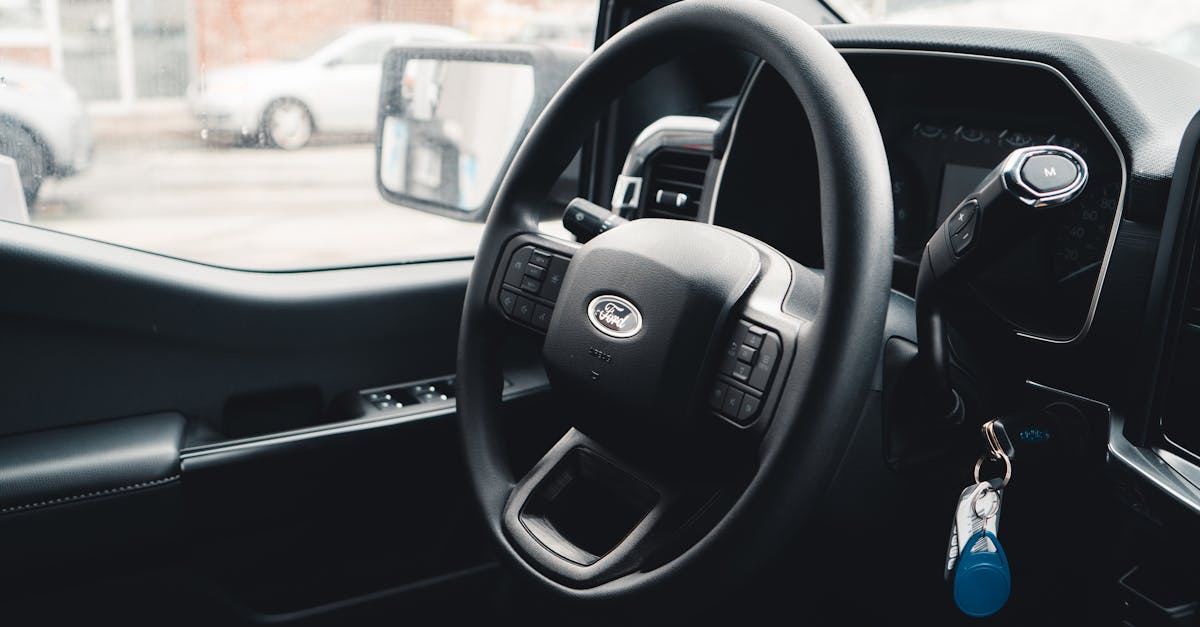Leasing or Buying Cars Pros and Cons
Introduction
Navigating the automotive world often involves deciding between leasing and buying a vehicle. This choice can impact your financial planning, driving experience, and long-term commitments. By understanding the pros and cons, you will be better equipped to choose the option that aligns with your lifestyle.
Advertisement
Pros of Leasing
Leasing often requires a lower monthly payment compared to purchasing a car. This is because you're essentially renting the car rather than buying it. Additionally, leased cars are usually under warranty, minimizing maintenance costs. Leasing allows you to drive a new car every few years, keeping up with the latest technology and styles.
Advertisement
Cons of Leasing
One major drawback of leasing is that you never really own the vehicle. At the end of the lease term, you must return the car or buy it at a predetermined price. Mileage limits are also a concern; exceeding them can result in hefty fees. Finally, leasing doesn't offer the long-term value that owning a vehicle might provide.
Advertisement
Pros of Buying
Buying a car gives you ownership, providing the freedom to use the vehicle at your discretion. Over the years, as the car's loans get paid off, it becomes an asset that can be sold or traded. Owning allows driving without mileage restrictions, which is beneficial for long-distance drivers.
Advertisement
Cons of Buying
The primary downside is the higher monthly payments compared to leasing. Cars also depreciate quickly, meaning they lose value over time. Additionally, as the car gets older, maintenance costs can increase, especially once warranty periods end. Purchasing demands a significant upfront financial commitment.
Advertisement
Flexibility and Ownership
Leasing offers flexibility to try different models every few years but comes with constraints. Buying provides outright ownership, giving the freedom to customize the car. Consider your value on flexibility versus ownership when deciding.
Advertisement
Long-Term Financial Impact
Leasing can be more financially viable in the short term, with a lower monthly cost. However, buying might be more cost-effective in the long run, especially if you keep the car beyond the loan period. Evaluate the total cost of ownership, including depreciation, maintenance, and resale value when deciding.
Advertisement
Lifestyle Considerations
Your decision should align with your lifestyle. If you prefer driving the newest models and don't mind the cyclical change, leasing might suit you. If planning to keep a vehicle for many years, buying can be more beneficial given the ownership advantages long-term.
Advertisement
Environmental Impact
Leasing keeps you in newer, typically more fuel-efficient models, possibly reducing environmental impact. Alternatively, buying offers the potential to invest in hybrid or electric vehicles, which can be more eco-friendly options for long-term ownership.
Advertisement
Conclusion
Both leasing and buying come with their unique sets of advantages and disadvantages. Consider your financial situation, lifestyle preferences, and long-term goals when choosing. Whether you prioritize flexibility or ownership, making an informed decision will ensure satisfaction with your vehicle choice.
Advertisement


